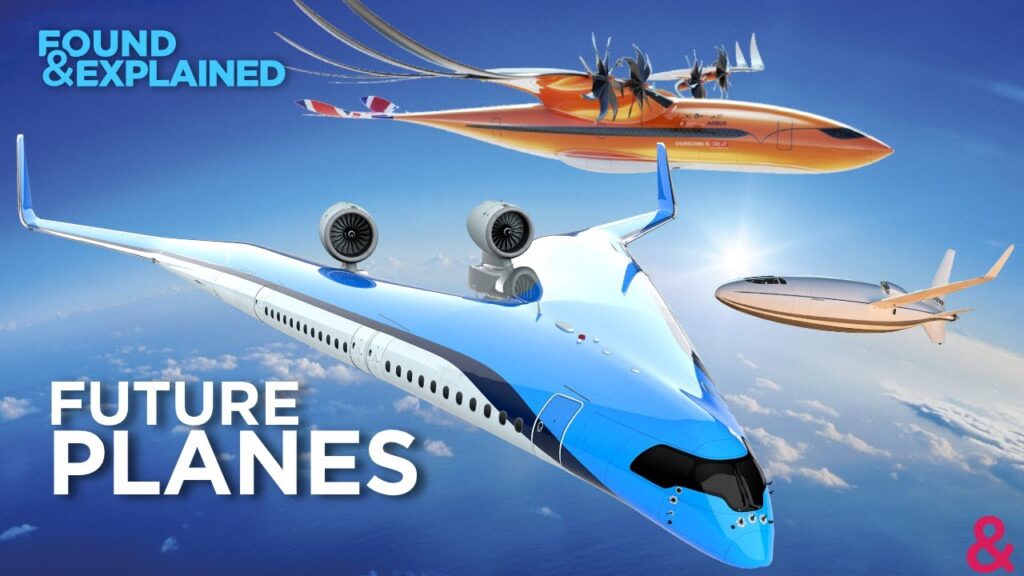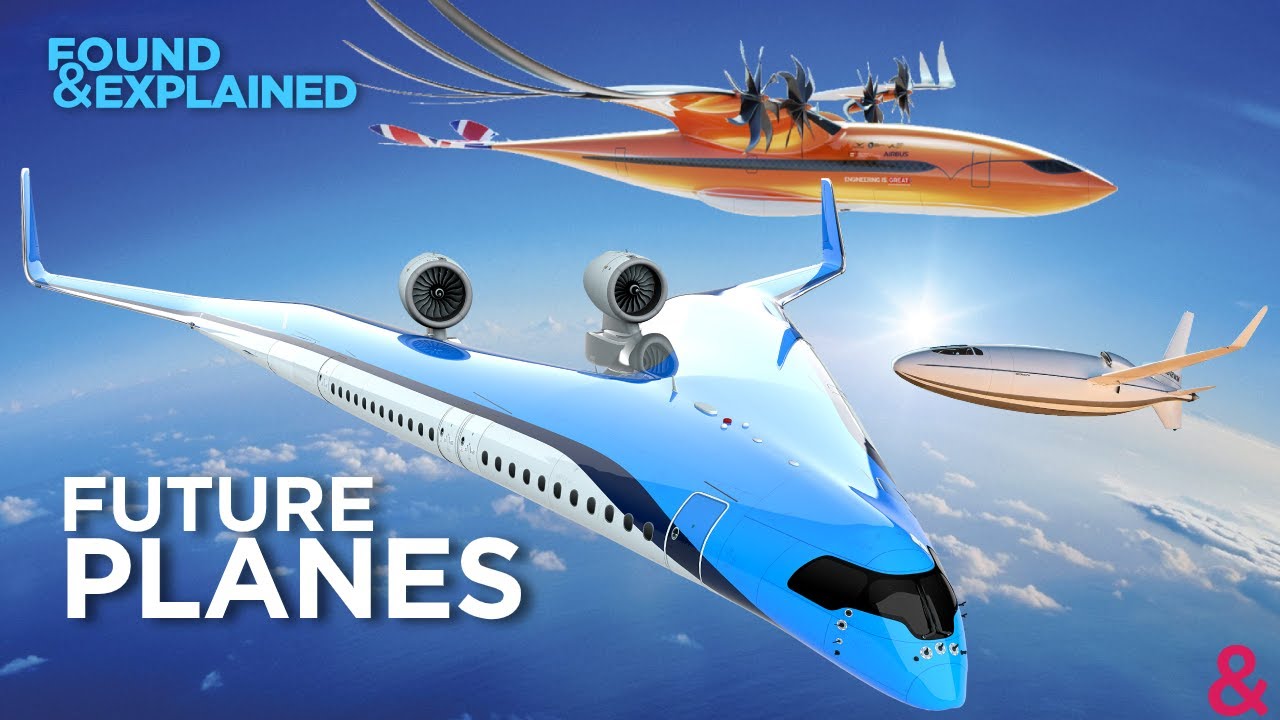
Boeing’s Future Plans: Navigating Challenges and Charting a New Course
Boeing, a titan of the aerospace industry, stands at a critical juncture. Facing a confluence of challenges – from the fallout of the 737 MAX crisis to the ongoing disruptions caused by the COVID-19 pandemic and evolving geopolitical landscapes – the company’s future hangs in the balance. Understanding Boeing’s future plans requires a comprehensive analysis of its current situation, strategic priorities, and the key initiatives it is undertaking to regain its footing and secure its long-term success.
Addressing the 737 MAX Legacy
The 737 MAX crisis, triggered by two fatal crashes in 2018 and 2019, cast a long shadow over Boeing. The subsequent grounding of the aircraft fleet, investigations, and regulatory scrutiny severely damaged the company’s reputation and financial standing. While the 737 MAX has since been recertified and returned to service, rebuilding trust with airlines, passengers, and regulators remains a paramount concern. Boeing’s future plans hinge significantly on effectively managing the legacy of this crisis.
Key elements of this strategy include:
- Enhanced Safety Measures: Boeing has implemented significant software and hardware upgrades to the 737 MAX, addressing the issues that contributed to the crashes. Continuous monitoring and improvement of safety protocols are crucial.
- Transparency and Communication: Open communication with airlines, regulators, and the public is essential to rebuild trust. Boeing needs to demonstrate a commitment to transparency in all its operations.
- Customer Support: Providing comprehensive support to airlines operating the 737 MAX is vital for ensuring smooth and safe operations. This includes training, maintenance, and technical assistance.
Adapting to a Changing Market
Beyond the 737 MAX crisis, the aviation industry faces a rapidly evolving landscape. The COVID-19 pandemic significantly impacted air travel demand, forcing airlines to adjust their fleets and operations. Furthermore, growing concerns about environmental sustainability are driving demand for more fuel-efficient aircraft. Boeing’s future plans must address these challenges to remain competitive.
Boeing is focusing on several key areas to adapt to the changing market:
- Developing Fuel-Efficient Aircraft: Investing in research and development of new aircraft technologies that reduce fuel consumption and emissions is crucial. This includes exploring alternative fuels and advanced aerodynamic designs.
- Optimizing Production Processes: Improving manufacturing efficiency and reducing costs are essential for maintaining competitiveness. Boeing is implementing lean manufacturing principles and investing in automation to streamline its operations.
- Expanding Service Offerings: Diversifying its revenue streams by expanding its services business, including maintenance, repair, and overhaul (MRO) services, is a key strategic priority.
Strategic Priorities and Key Initiatives
Boeing’s future plans are guided by a set of strategic priorities aimed at restoring its financial health, regaining its technological leadership, and rebuilding its reputation. These priorities are reflected in several key initiatives:
Investing in Innovation
Boeing is committed to investing in research and development to drive innovation in aerospace technology. This includes developing new aircraft designs, exploring advanced materials, and developing autonomous flight systems. The company recognizes that innovation is essential for maintaining its competitive edge in the long term.
Strengthening its Supply Chain
A robust and reliable supply chain is critical for Boeing’s success. The company is working to strengthen its relationships with suppliers and improve its supply chain management processes. This includes diversifying its supplier base and investing in technology to track and manage its supply chain more effectively.
Enhancing Employee Skills and Capabilities
Boeing recognizes that its employees are its greatest asset. The company is investing in training and development programs to enhance the skills and capabilities of its workforce. This includes providing opportunities for employees to learn new technologies and develop leadership skills.
Focusing on Sustainability
Sustainability is becoming an increasingly important consideration for airlines and passengers. Boeing is committed to reducing its environmental impact by developing more fuel-efficient aircraft and investing in sustainable manufacturing practices. The company is also exploring the use of alternative fuels and other technologies to reduce emissions.
Challenges and Opportunities
While Boeing’s future plans are ambitious, the company faces significant challenges. These include:
- Competition from Airbus: Airbus remains a formidable competitor, and Boeing must continue to innovate and improve its products and services to maintain its market share.
- Geopolitical Risks: Geopolitical tensions and trade disputes can disrupt Boeing’s supply chain and impact its sales in key markets.
- Economic Uncertainty: Economic downturns can reduce demand for air travel and impact Boeing’s financial performance.
Despite these challenges, Boeing also has significant opportunities. These include:
- Growing Demand for Air Travel: Long-term demand for air travel is expected to continue to grow, driven by rising incomes and increasing globalization.
- Emerging Markets: Emerging markets, such as China and India, offer significant growth opportunities for Boeing.
- Technological Advancements: Advancements in technology, such as autonomous flight systems and advanced materials, could create new opportunities for Boeing.
The Path Forward for Boeing
Boeing’s future plans involve a multi-pronged approach that addresses the immediate challenges while positioning the company for long-term growth. Successfully navigating the complexities of the current market requires a steadfast commitment to safety, innovation, and customer satisfaction. The company’s ability to execute its strategic priorities will ultimately determine its success in the years to come. [See also: Boeing’s Financial Recovery Plan] The recovery of the 737 MAX program is crucial, but it’s only one piece of the puzzle. Boeing’s ability to innovate and develop new, fuel-efficient aircraft will be essential for competing with Airbus and meeting the evolving needs of airlines. Furthermore, the company must address its supply chain issues and build stronger relationships with its suppliers to ensure a stable and reliable production process. The Boeing of tomorrow must prioritize transparency and ethical conduct to restore public trust. This includes fostering a culture of accountability and ensuring that safety is always the top priority. Boeing’s leadership team understands the magnitude of the challenges ahead and is committed to taking the necessary steps to secure the company’s future.
The aerospace giant is also exploring partnerships and collaborations to accelerate innovation and expand its reach. These partnerships could involve working with other aerospace companies, technology firms, or research institutions. Boeing recognizes that collaboration is essential for staying ahead in a rapidly evolving industry. Moreover, Boeing is actively engaging with governments and regulatory agencies to ensure that its products and services meet the highest safety standards. This includes working closely with the Federal Aviation Administration (FAA) and other international aviation authorities. Boeing’s commitment to safety is unwavering, and the company is dedicated to working with regulators to ensure the safety of its aircraft. The company understands that its reputation is on the line, and it is taking all necessary steps to rebuild trust with its customers and the public. Boeing’s future will be shaped by its ability to learn from its past mistakes and embrace a culture of continuous improvement. This includes fostering a culture of open communication, where employees feel empowered to raise concerns and contribute to the company’s success. Boeing’s long-term vision is to be the leading aerospace company in the world, known for its innovation, safety, and customer satisfaction. This vision requires a sustained commitment to excellence and a relentless focus on meeting the needs of its customers. The company is confident that it can achieve this vision by executing its strategic priorities and embracing a culture of continuous improvement. Boeing is determined to regain its position as a leader in the aerospace industry and to deliver value to its shareholders, customers, and employees.
In conclusion, Boeing’s future plans are ambitious and multifaceted, reflecting the complex challenges and opportunities facing the aerospace industry. The company’s success will depend on its ability to execute its strategic priorities, address its past mistakes, and embrace a culture of innovation and continuous improvement. The path forward is not without its obstacles, but Boeing remains a powerful force in the aerospace world, and its future trajectory will undoubtedly shape the industry for years to come. The Boeing company continues to innovate and lead in the aerospace sector. The future of Boeing is bright if they continue to focus on safety, innovation, and customer satisfaction.

